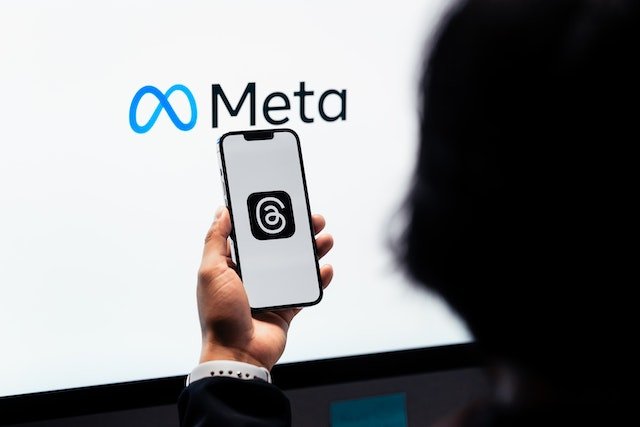States Take Legal Action Against Meta
In a significant legal action, over 40 states, along with the District of Columbia, have filed a lawsuit against Meta, the parent company of Facebook and Instagram. The states claim that Meta has deliberately designed its platforms to be addictive, particularly for young users, and has misled the public about the safety of these platforms.
The lawsuit alleges that Meta’s algorithms exploit users’ vulnerabilities, creating an addiction akin to a slot machine, and contributing to a national youth mental health crisis. Meta is accused of maximizing engagement through manipulative features like infinite scroll, constant notifications, and auto-play features that induce fear of missing out (FOMO).
The company is also accused of presenting emotionally charged content, exacerbating issues like eating disorders and negative self-perception.
Protecting Young Users
The lawsuit seeks to stop Meta from using harmful algorithms, unlawfully collecting personal data from users under 13 without parental consent, and preventing those under 13 from joining the platforms, in compliance with the Children’s Online Privacy Protection Act (COPPA).
With the rise in social media usage among young people, concerns about the impact on mental health have grown. Studies have shown a correlation between excessive social media use and increased rates of depression, anxiety, and low self-esteem among teenagers. The addictive nature of these platforms, combined with the presentation of unrealistic beauty standards and cyberbullying, has raised serious concerns among parents, educators, and lawmakers.
The goal of the lawsuit is to compel Meta to change its behavior and protect young users from the harmful effects of its platforms. By holding Meta accountable for its alleged deceptive practices and exploitative design, the states hope to establish a precedent for greater regulation and oversight of social media companies.
The Role of Regulation
The lawsuit against Meta highlights the need for stricter regulations in the tech industry. As social media platforms continue to evolve and play a significant role in people’s lives, it is crucial to ensure that they prioritize user safety and well-being over profit.
While Meta has made efforts to address some of these concerns, such as introducing features to limit screen time and combat cyberbullying, critics argue that more needs to be done. The addictive design elements and the negative impact on mental health cannot be ignored.
Regulations could include stricter guidelines for the design of social media platforms, limitations on data collection, and increased transparency about algorithmic processes. Additionally, there is a need for comprehensive education programs that teach young people about responsible social media use and digital literacy.
The Future of Social Media
The outcome of the lawsuit against Meta could have far-reaching implications for the future of social media. If successful, it may prompt other states and countries to take similar legal action against tech giants, leading to significant changes in the industry.
Ultimately, the goal is to create a safer and more responsible digital landscape for young users. By holding companies like Meta accountable for their actions, we can work towards a future where social media platforms prioritize the well-being of their users and contribute positively to society.


Click Here to Read More Articles: truereviewmagazine.com










